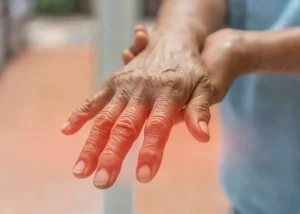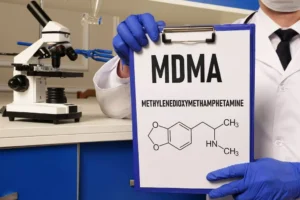
On the other hand, some states have already started using the $600 threshold for their own reporting requirements. Complete a Schedule A (Form 1040) if you are filing itemized deductions for your home. ‘About Schedule A, (Form 1040), Itemized Deductions’ Accessed March 27, 2024 Do not enter business deductions on this form, only general personal deductions. Any items you need for your business’s day-to-day operations 6IRS. ‘Deducting Business Supply Expenses’ Accessed March 27, 2024. Pens, printer paper, and business cards are common items that freelancers deduct.
Tax Deductions for Freelancers: Lowering Your Tax Bill

If your income, deductions, and credits remain the same, you can expect your tax rate to remain the same. Employed individuals, or wage earners, participate in a pay-as-you-earn scheme. Their employer withholds Social Security and Medicare taxes and income tax from each paycheck. At the end of the year, wage earners tally and report their deductions, credits, and additional https://www.bookstime.com/ income on their tax return. The result is either a refund or a balance owed and determines their tax bracket for the following year. Unlike income received from an employer, no taxes are withheld from the income you earn freelancing.
- Freelancing certainly has its benefits, but it can result in a few complications come tax time.
- Online degrees are also 100% coursework and can be done without the need to visit a campus.
- Even if you itemize later, that amount should equal more than the standard deduction rate and leave you in a better position than assuming expenses you haven’t spent yet.
- The eFile system is safe and secure, utilizing encryption technology for identity theft protection.
- If you want to know how to become an accountant, this is a useful guide to start with.
Declare business income
Whether you have to pay taxes and how much will depend on your tax rate, deductions and credits, investments, and other factors. For more information on tax rates for self-employed individuals, refer to our guide on how much you can make without filing taxes. We’ve explained different tax rates based on income, age group, and other relevant factors.
Getting Started

Let a local tax expert matched to your unique situation get your taxes done 100% right with TurboTax Live Full Service. Your expert will uncover industry-specific deductions for more tax breaks and file your taxes for you. We’ll search over 500 deductions and credits so you don’t miss a thing. Accounting software can also help you create invoices, receive and track payments, and reconcile your accounts by linking with your bank. It can also provide collaborative permissions to give your tax professional real-time access to your books.

Therefore, Rigney suggested that freelancers consider making estimated payments each quarter throughout the year if they want to avoid paying unnecessary underpayment penalties after filing. For the tax year, estimated payments are due in April, June, September, and January. The amount you pay in taxes as a freelancer depends on various factors, including your total income, deductible expenses, tax deductions, and credits. Generally, freelancers are subject to income tax, self-employment tax, and potentially state and local taxes. Although some self-employed freelancers file taxes once a year, you may be responsible for paying quarterly taxes.

The IRS is gradually phasing in new 1099-K reporting requirements for payments from third-party processors like freelance accountant Venmo and Paypal. In 2021, Congress changed the reporting threshold from over $20,000 in payments and more than 200 transactions to over $600 in payments regardless of the number of transactions. But instead of using the new $600 threshold right away, the IRS applied the previous reporting threshold for the 2022 and 2023 tax years. For the 2024 tax year, the IRS plans to use a $5,000 threshold, regardless of the number of transactions. The tax agency hasn’t announced its plans for after 2024 yet.
- Understanding freelancer taxes and their implications can help freelancers avoid tax bill shock, penalties, or a tax audit.
- If you made $400 in net earnings from self-employment income, you must declare the income on your tax return.
- The key to deducting these items is maintaining accurate records and receipts.
- Keep all your receipts and the receipts for similar ordinary and necessary business travel expenses.
- Insider found accountants, tax preparers, and self-employed professionals to offer strategies that can take the fear out of freelance tax-paying requirements.
- These items do not qualify for itemized business equipment and supplies deductions.
If you’re a learning buff and your interests overlap with your profession, your educational costs may be tax deductible. No, you don’t need a 1099-NEC from all your clients or the companies you worked with. You do need to claim any income, regardless of whether or not you What is bookkeeping were issued a 1099-NEC. FreshBooks has the answers to frequently asked questions about freelancer taxes. A sole proprietorship is fairly straightforward but if you’ve elected to register as an S-corporation, a tax professional can help you maximize your benefits. Tax-deferred annuities are a way for investors to gain interest without paying tax on the gains.


